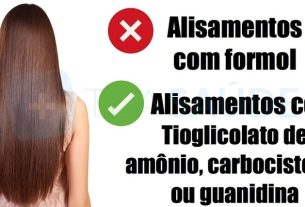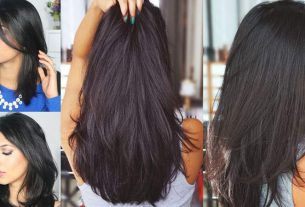Castor oil has nutrients that are extremely beneficial for both the skin and hair. But it also has some contraindications.
Popularly known as castor oil, carrapateiro or breathaly, castor oil is extracted from a medicinal plant used for years to treat various health problems. These include arthritis, dandruff and constipation. Furthermore, it also promotes hydration of the skin and hair.
At the same time, this vegetable is scientifically called common castor bean and can be found in health food stores, some supermarkets, online stores and compounding pharmacies. However, when marketed, its most popular name on the market is “Laxol”. And its cost is approximately R$25.00.
Benefits
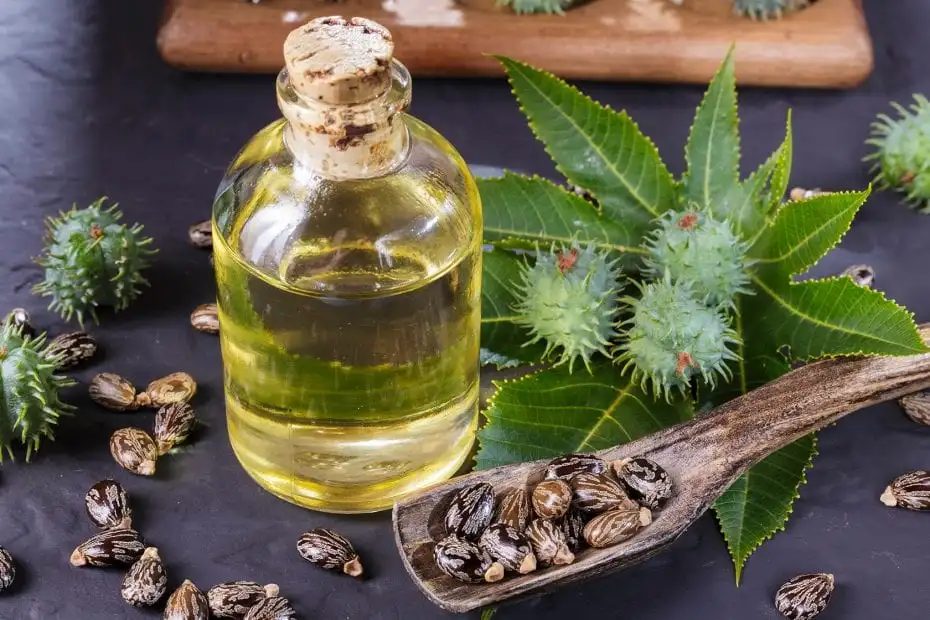
Castor oil does so much for our body due to its numerous healthy components. Among them are fatty acids, the main one being ricinoleic acid, exclusive to this plant. It also contains oleic acid (part of omega 9), linoleic acid and linolenic acid (parts of omega 6), palmitic acid and stearic acid, as well as mineral salts and vitamin E.
Therefore, it has great cleaning and hydrating power for the skin and scalp, for example.
Castor oil for hair

To treat hair, castor oil can be used to both clean and moisturize. Therefore, the main benefits are:
– Restoration and growth of stronger hair
Due to omega 6 and omega 9, castor oil is capable of giving your hair more volume. Since this fatty acid stimulates the scalp and hair follicles, thus strengthening the hair.
These nutrients also help to improve the appearance of the hair strand, as it seals the cuticles, preventing the hair from looking electric and dry, giving the hair shine and a silkier appearance.
– Hydration of hair
The same ingredients mentioned above also help hydrate dry hair. As they form a protective film under the wire, which prevents water loss into the environment.
– Fight dandruff
Castor oil also has antifungal properties that cleanse the scalp. This way, it is also efficient in combating dandruff. This is usually caused by fungi. This also prevents the hair from drying out, which ends up preventing the scalp from flaking.
However, we emphasize that it alone is not capable of solving this problem. Therefore, it should only be an ally to the treatments recommended by the dermatologist.
– Excessive oiliness
Generally, it is bacteria and fungi that end up promoting excessive oil production by the region’s sebaceous glands. Therefore, the components of the oil help fight these microorganisms.
However, it is not recommended that you leave castor oil on your scalp for a long time. The ideal is to apply it at the beginning of the bath and remove it completely with the use of shampoo.
* How to use
The infallible measure is to add a tablespoon of oil to 200ml of conditioner or moisturizer. Apply the mixture during the shower, leaving it on the hair for about a minute. Then rinse well, leaving no residue.
Castor oil for skin
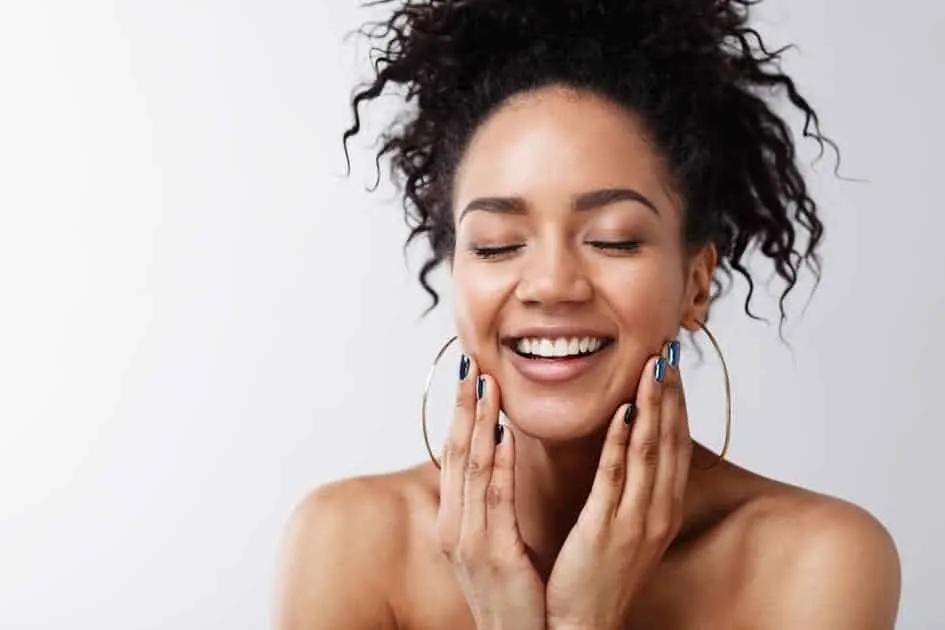
When it comes to skin, castor oil can also bring several benefits. Being them:
– Fights acne and oiliness
As it is a low-comedogenic product, it becomes an ally in the fight against oily skin. This way, it does not cause acne or skin damage. Furthermore, it also has an astringent effect, thus reducing bacterial proliferation, which is one of the causes of acne. And the best thing is that at the same time, it also hydrates the skin.
– Dry and aged skin
As previously mentioned, it is a natural moisturizer. Therefore, it is efficient for treating dry skin. This is because the oil prevents water loss from this type of skin, keeping it hydrated, stronger and brighter. And consequently, results in skin with fewer wrinkles and aging marks.
– Natural healing
Due to the presence of vitamin E, this oil also has strong healing power. Therefore, it can be an ally for people with stretch marks that are still red.
In fact, due to its high hydration power, it is also a good after-sun cosmetic, especially after sunburn. But remember: always mix it with a cream and never apply it directly to the skin.
* How to use
According to experts, it is not recommended to use castor oil directly on the skin. Therefore, the recipe is the same as for hair: one tablespoon for every 200 mL of product.
At the same time, it is worth highlighting that it is important to clean the skin before applying the oil to ensure its effect. As its molecules are large, using warm water to open the pores helps the skin to absorb it better.
For nails, eyelashes, eyebrows and beard
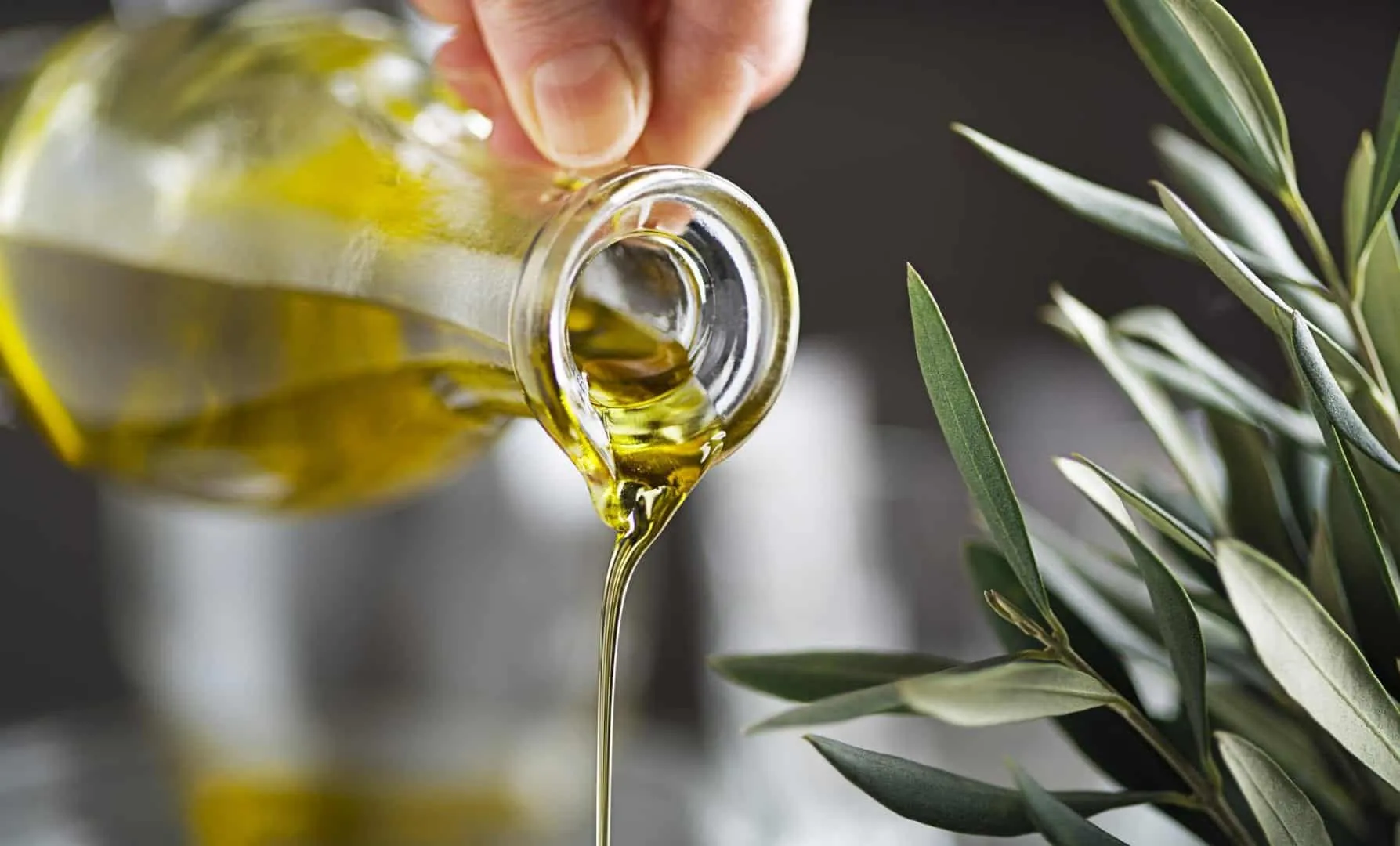
In the case of nails, the oil helps with the cuticles. It hydrates and creates a protective film, thus better protecting your nails and promoting better nail growth. Just apply the pure oil to your nails an hour or so before starting your manicure.
Just as it is good for the hair on your head, castor oil is also good for your eyebrows. It helps to make hair more voluminous and lush. Just be careful when applying (don’t get it in your eyes). As for eyelashes, it is not recommended as it is not known what effect it can have on vision. Therefore, it is best to see a dermatologist.
For the beard, the oil will have the same effect as it does on the eyebrows and hair: it will make the hair more voluminous and thicker. However, it will not cause more hair to grow, so it is not used to cover flaws, for example.
Contraindications
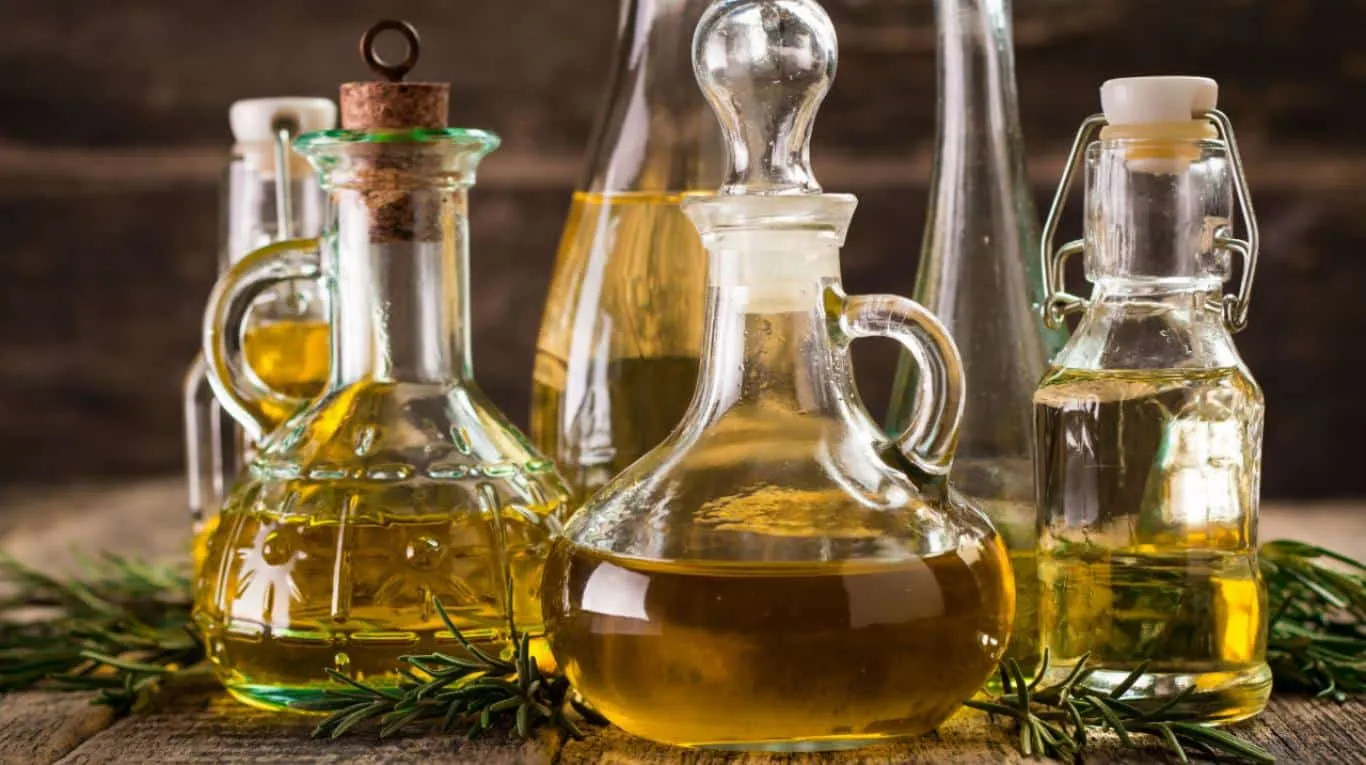
In the meantime, ingesting castor oil may also have its contraindications, which are:
- For pregnant women;
- Breastfeeding people;
- For children and patients who present symptoms compatible with intestinal obstruction;
- Inflammatory bowel diseases;
- Irritable colon;
- Crohn’s disease;
- Ulcerative colitis;
- Any other known or suspected intestinal disease.
Furthermore, topical use may also not be considered safe for pregnant women, nursing mothers and children under 12 years of age. However, there is still a lack of studies to prove whether it can cause effects in these groups.
In short, it should not be applied to mucous membranes, such as the mouth, eyes and ears.
After all, did you like this article? Then read also: Coconut oil for hair – what is it for and how to use it?
Sources: my life, your health, your health.
Featured image: blog.ingredientesonline

Sign up for our newsletter and stay up to date with exclusive news
that can transform your routine!
Warning: Undefined array key "title" in /home/storelat/public_html/wp-content/plugins/link-whisper-premium/templates/frontend/related-posts.php on line 12
Warning: Undefined array key "title_tag" in /home/storelat/public_html/wp-content/plugins/link-whisper-premium/templates/frontend/related-posts.php on line 13



